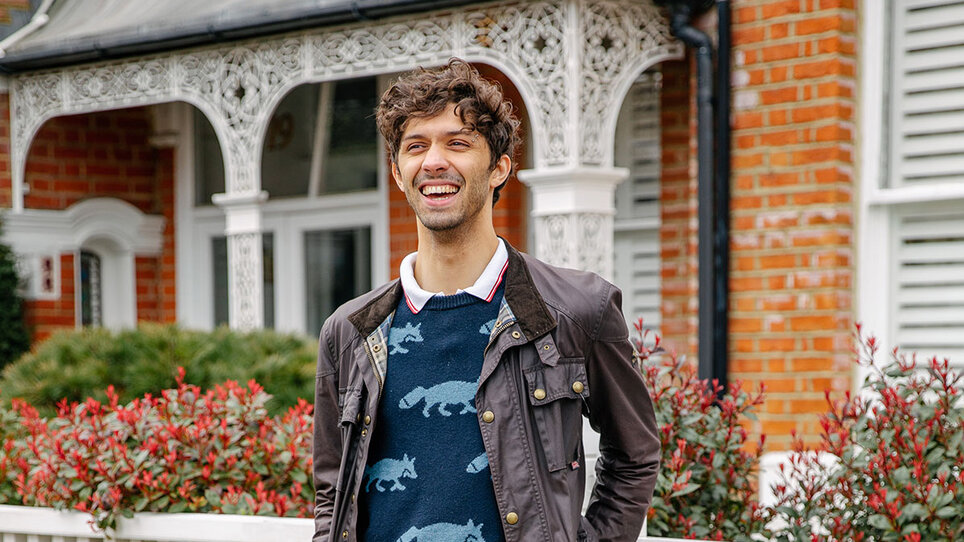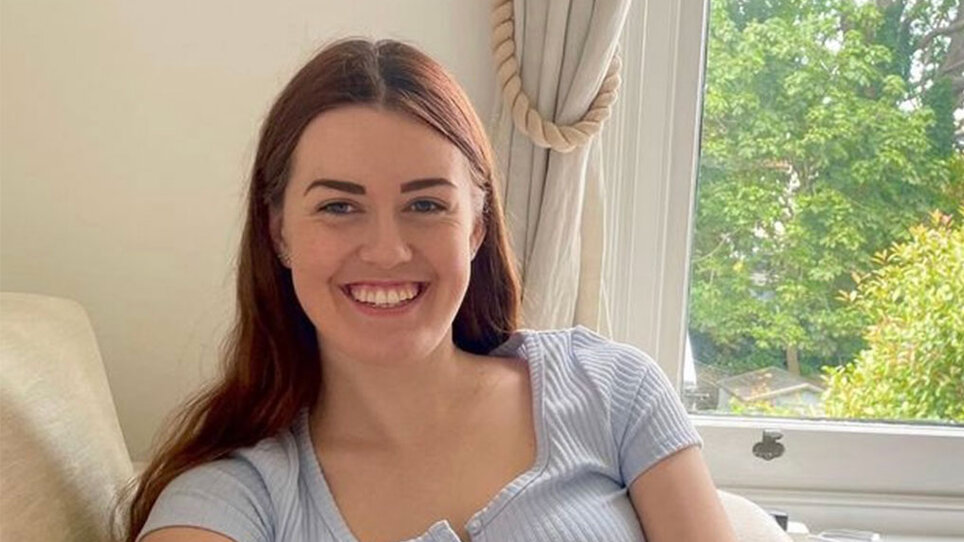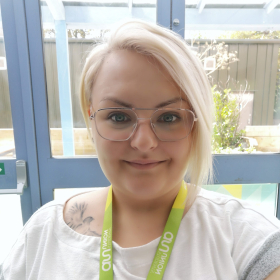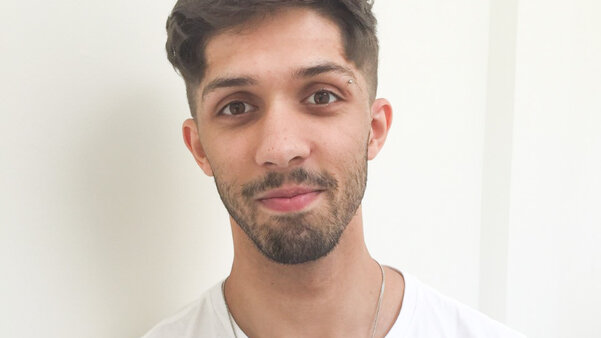
"How do we create a world that is more inclusive of autistic people?"
James Ward-Sinclair
- autistic advocate and founder of Autistic & Unapologetic
James Ward-Sinclair on social isolation, challenges going out and about, and being alone but not lonely...
Being autistic can make it difficult to feel like you 'fit in', and things like socialising and making friends can be stressful and overwhelming. Because of this, many autistic people can find themselves feeling lonely or become socially isolated. Some autistic people may prefer being alone, while others may want to socialise and make friends, but are not sure how to.
To talk more about this, we caught up with James Ward-Sinclair, autistic advocate, and founder of the successful blog, ‘Autistic & Unapologetic.’ James shares his experiences of loneliness, feeling overwhelmed when out and about, and learning to appreciate moments of solitude.
Being autistic can make it difficult to feel like you ‘fit in’, and things like socialising and making friends can be stressful or overwhelming.
Deriving from the Greek word ‘auto’ meaning ‘self’, autism’s namesake was originally chosen to reflect how autistic people can commonly be found on our own. However, this doesn’t mean that loneliness is a direct trait of autism. Instead (and somewhat ironically), loneliness is more of a companion for autistic people, an outcome which usually arises for one of two reasons:
- Sensory challenges, anxiety or some other trait can mean we seek the safety of seclusion.
- Our alternative mindset puts us at odds with others and, even in a group bound by similar interests, we can feel isolated by our unique perspectives.
You could say that, for autistic people, isolation can be both a response and a reaction. However, just because isolation usually arises from these negative places, that doesn’t mean that it is necessarily a bad thing. Of course, there is a difference between being socially isolated and choosing to spend time alone.
A little time alone can help with:
- increased productivity
- increased creativity
- improved concentration
- greater self-understanding
- greater sense of self-worth
- reduced stress
- more time to work on that ever-growing Netflix backlog.
Nevertheless, autistic people still report feeling lonely. So, how do we get to the point where autistic people can reap the benefits of being alone without feeling lonely?
What’s more, how do we create a world that is more inclusive of autistic people, and allows them to form relationships and be part of a community (if this is something they are interested in)?
"Just because isolation usually arises from these negative places, that doesn’t mean that it is necessarily a bad thing. There is a difference between being socially isolated and choosing to spend time alone."
In my experience, the solution here is to encourage a better perspective - where we stop seeing solitude as something which holds us back and, instead, we see it as something which liberates us to excel in our own way. However, given that telling someone to ‘cheer up’ and ‘look on the bright side’ has approximately helped zero people throughout the history of existence, it seems that more must be done. And for those autistic people who would like to socialise but are not able to, we need to create opportunities where they feel safe or comfortable doing so – whether this is through a local social group, be-friending services, and/or online communities.
Whenever I start to feel low because I am alone, I try not to blame my isolation for the feelings that are bumming me out and, instead, I try to consider why it is that I am really feeling low, then tackle that head on.
“While I do believe that being alone can be a problem, it’s important to realise that it can also be a solution and not something to be avoided at all costs.”

For example, at university I thought I needed friends because connections would make the tsunami of stressful situations heading my way easier to endure, so I joined every and any group on campus, in a bid to have as many people to lean on as possible: The Green Society, The Rock ‘N’ Roll Society, The Fashion Society, The Film Society and The African Caribbean Society.
Although I did enjoy myself (and I would encourage anyone looking to meet people to equally throw themselves into similar opportunities), I quickly discovered that I was only ever making shallow connections, and that trying to be everywhere and with everyone at once was just too draining to keep up.
Subsequently the strain of attending every Mosh-Pit Monday, Jerk Chicken Tuesday, What-To-Wear Wednesday, Fossil Free Thursday and Film-Noir Friday eventually led to my grades dropping - an unexpected consequence which meant my calendar week would always end with Stress-Out-Saturday and Shutdown-Sunday.
In response, I dropped all my outside activities and focused on my studies. I learnt that, while yes, creating a support network to get by can have great results, a problem shared is only ever a problem halved, while tackling a situation head on can resolve the problem altogether.
Being alone doesn’t necessarily mean you are lonely. Equally, autistic people shouldn’t have to accept a life of being locked away to our own devices. Instead we should realise that the key to getting out is allowing ourselves to let others in, and realising it is our choice when and if we use it.
You are not alone
If you’re autistic and struggling with loneliness or social isolation, why not join our community.
You could also check out our 116 volunteer-run branches, which operate in different parts of the country and provide support such as information, advice and social groups for autistic people and their families.

Related advice and support
Similar stories

"For some autistic people, the feeling of loneliness can be really strong, and it can feel incredibly isolating. I want you to know that you’re not alone if you are feeling this way."
Emily Katy
- autistic mental health advocate
Read more

"I realised how low my self-esteem was from constantly feeling the need to mask my true self, in case others judged me negatively."
Dr Hannah Belcher
- autistic postdoctoral researcher and author
Read more

"For the longest time, I only ever considered my mental health when it couldn’t be ignored."
James Ward-Sinclair
- autistic advocate and founder of Autistic & Unapologetic
Read more

The Spectrum magazine
Explore one of the UK's largest collections of autistic art, poetry, and prose. The Spectrum magazine is created by and for autistic people, and is available both online and in print.

Stories from the Spectrum
Autistic people and their loved ones share their experiences. Read their funny, thought-provoking, challenging and moving stories.






You are not alone
Join our community
Our online community is a place for autistic people and their families to meet like-minded people and share their experiences.
Join today